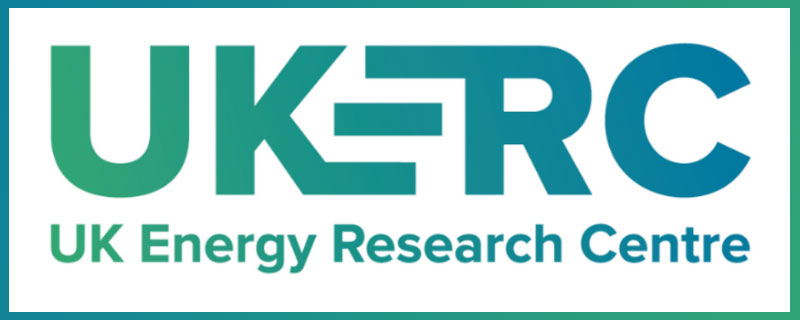Academics urge caution over prospects for heat pump cost reductions – government needs to act to make low carbon heat affordable
Research published today finds that in the last 10 years there has been little or no reduction in the average cost of a heat pump installed in the UK.
With heat pumps being a cornerstone of the government’s plans to decarbonise heat, and cost reductions factored into this policy ambition, academics call for a renewed focus on policies to help reduce costs for households.
Researchers from the UK Energy Research Centre (UKERC) undertook a systematic review of UK and international trends in the installed cost of heat pumps.[1] This finds that although some countries have successfully aligned market growth with reduced costs, overall cost reductions have been modest. And whilst there are now realistic prospects for prices to fall in the UK, these are unlikely to be at the scale and speed envisaged in government plans.
The Heat and Buildings Strategy has ‘clear ambition’ for reduced costs of 25-50% by 2025 and price parity between the installation and running of heat pumps and gas boilers by 2030. Yet most forecasts suggest a decline in the purchase and installation costs of 20-25% by 2030, which is roughly half the government’s ambition, with price parity a long way off. And given rising international demand and supply side challenges, costs could yet rise.
The cost of new domestic boilers and heat pumps vary widely, typical estimates are around £3,000 for a gas boiler and £10,000 for an air-to-water heat pump.[2] Achieving installed cost parity would require a 70% reduction, and whilst the UK Government’s Boiler Upgrade Scheme, now extended to 2028, effectively halves the cost of a heat pump through grants of up to £5,000, parity requires a further 40% reduction – higher than all published forecasts in our review.
However, installed costs are only one aspect of total costs. UKERC research published last week,[3] finds that if electricity prices were to come down relative to gas prices, heat pumps could be cheaper to run than boilers. The recent government announcement that it plans to rebalance the cost of gas and electricity in household bills are therefore welcome.
Heat pumps can also offer wider benefits including reductions in overall energy demand, improved energy security due to reduced reliance on fossil fuels, and local economy and job opportunities. Over time, particularly if electricity supply becomes less reliant on gas, they also offer households lower and more stable heating costs.
Government should therefore develop a more supportive policy environment to ensure that milestones are met, and strengthen the UK supply chain, whilst doing more to remove affordability barriers.
Dr Phil Heptonstall, co-author said:
“This research highlights how it is important to consider the evidence and draw on international experiences and lessons from other technologies. By doing so it is possible to develop policies that will drive high quality and lower cost heat pump installations in the UK”.
Dr Mark Winskel, co-author said:
“The upfront cost of the UK’s net zero transition is an understandable policy priority, but it should not be the only concern. Our review highlights the need to align policy aspiration and targets with a realistic assessment of evidence, while also considering the wider benefits involved.”
Professor Rob Gross, UKERC Director said:
“To realise the low-carbon heating transition it is vital that government focuses effort on bringing heat pump costs down. Well-designed and sustained policy support will be a critical enabler of deployment growth and price reductions. A key action that could be taken right away is to bring forward the proposed shift of legacy charges from electricity to gas, reducing heat pump operational costs.”







Leave a Reply
Want to join the discussion?Feel free to contribute!